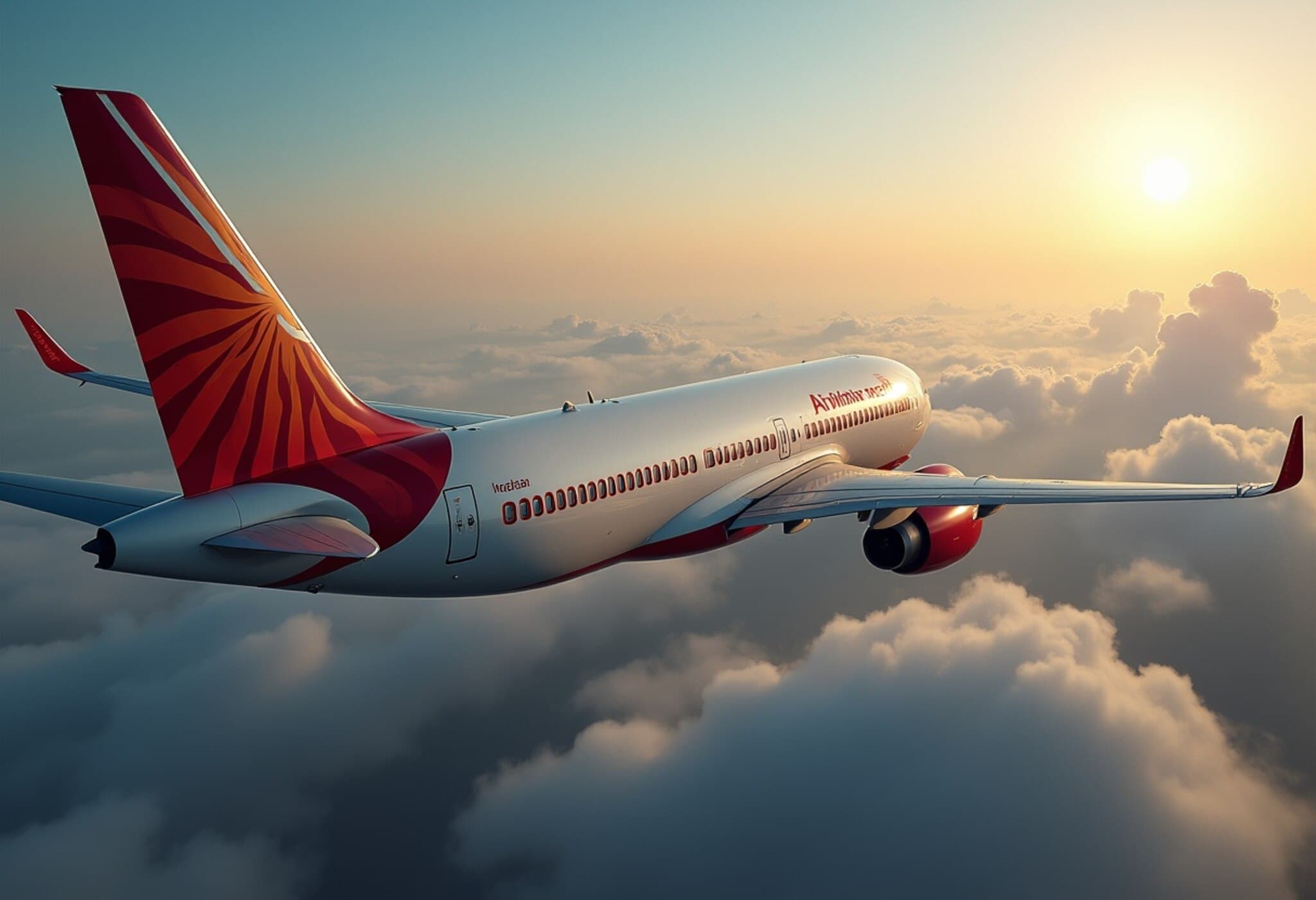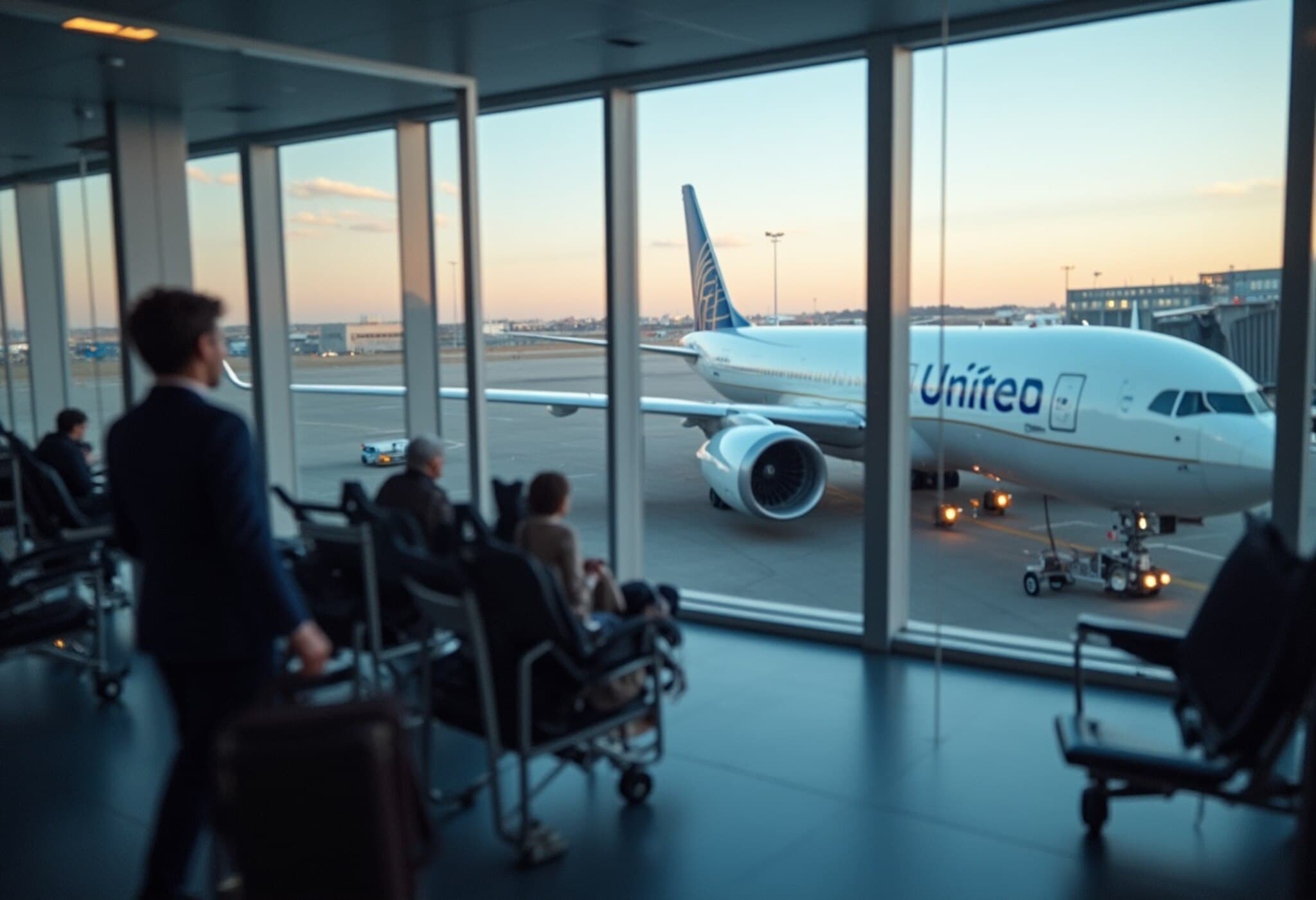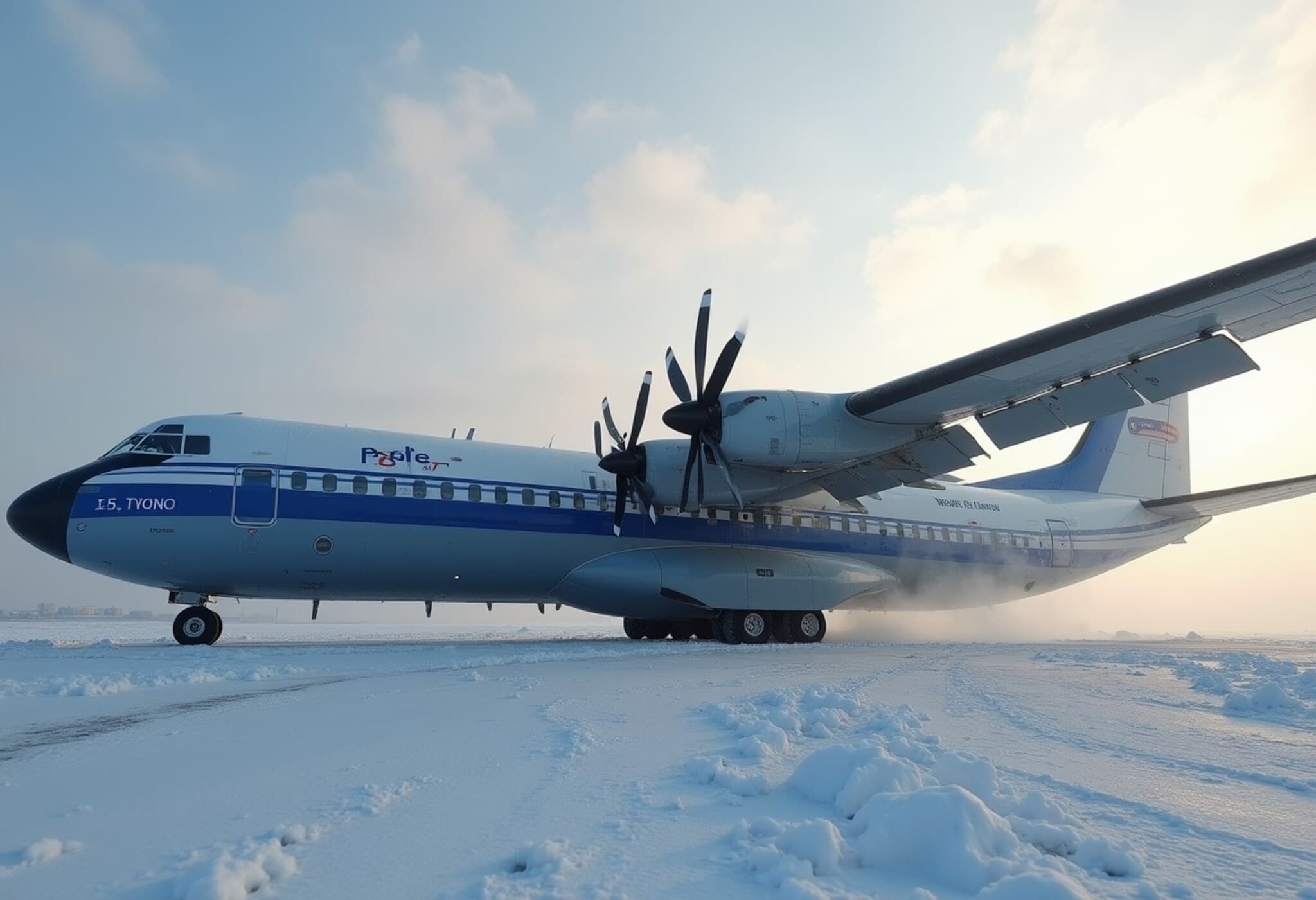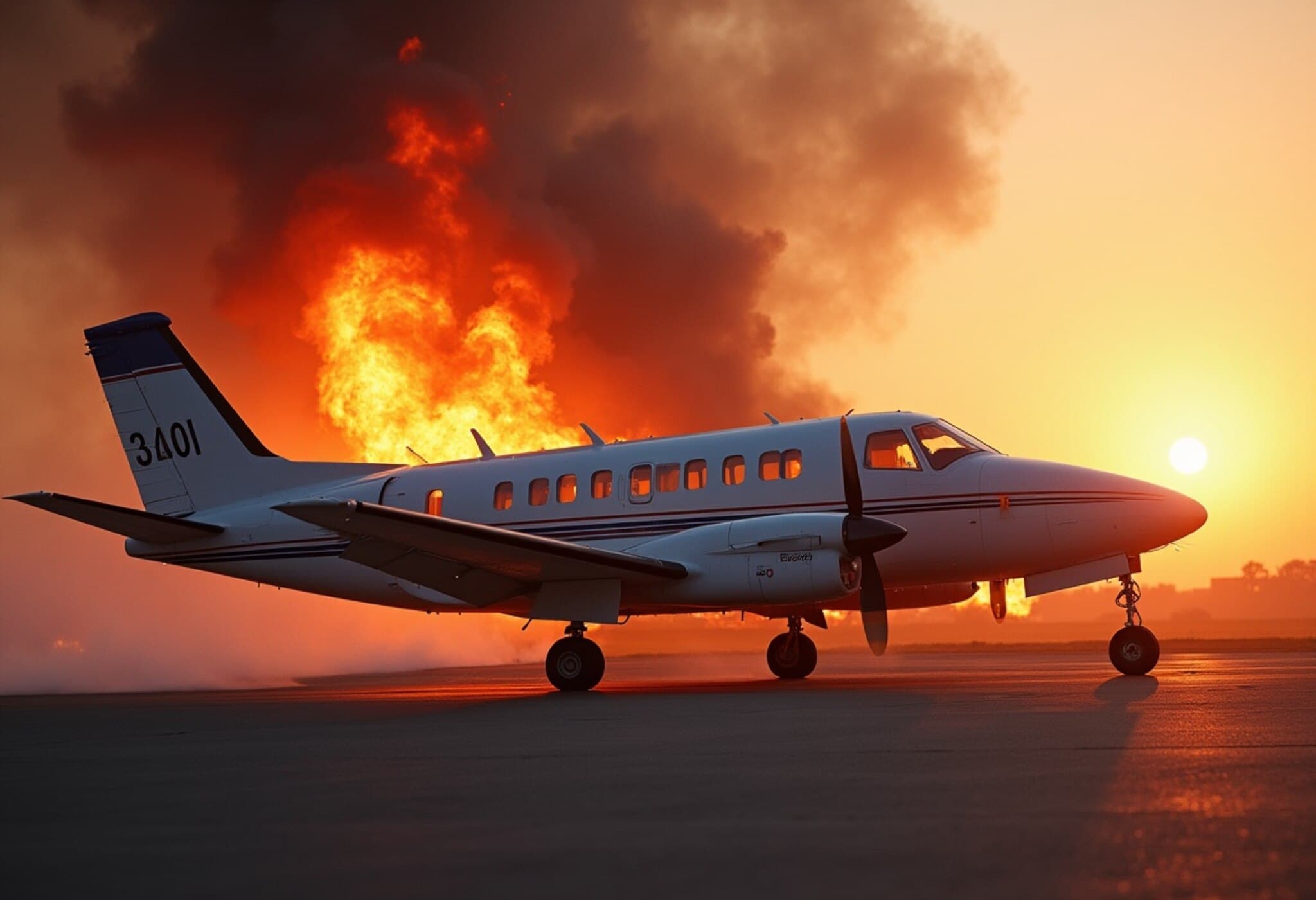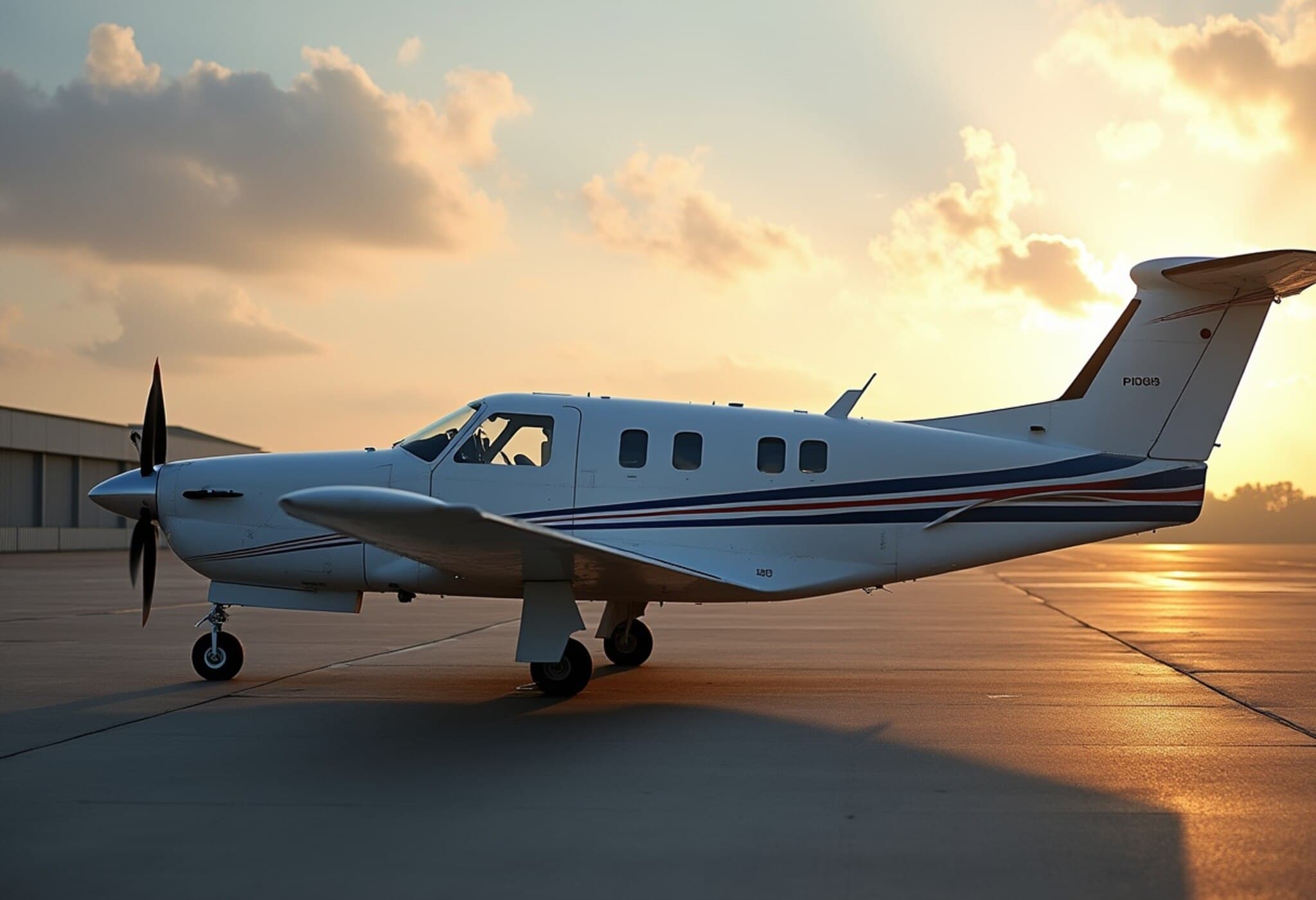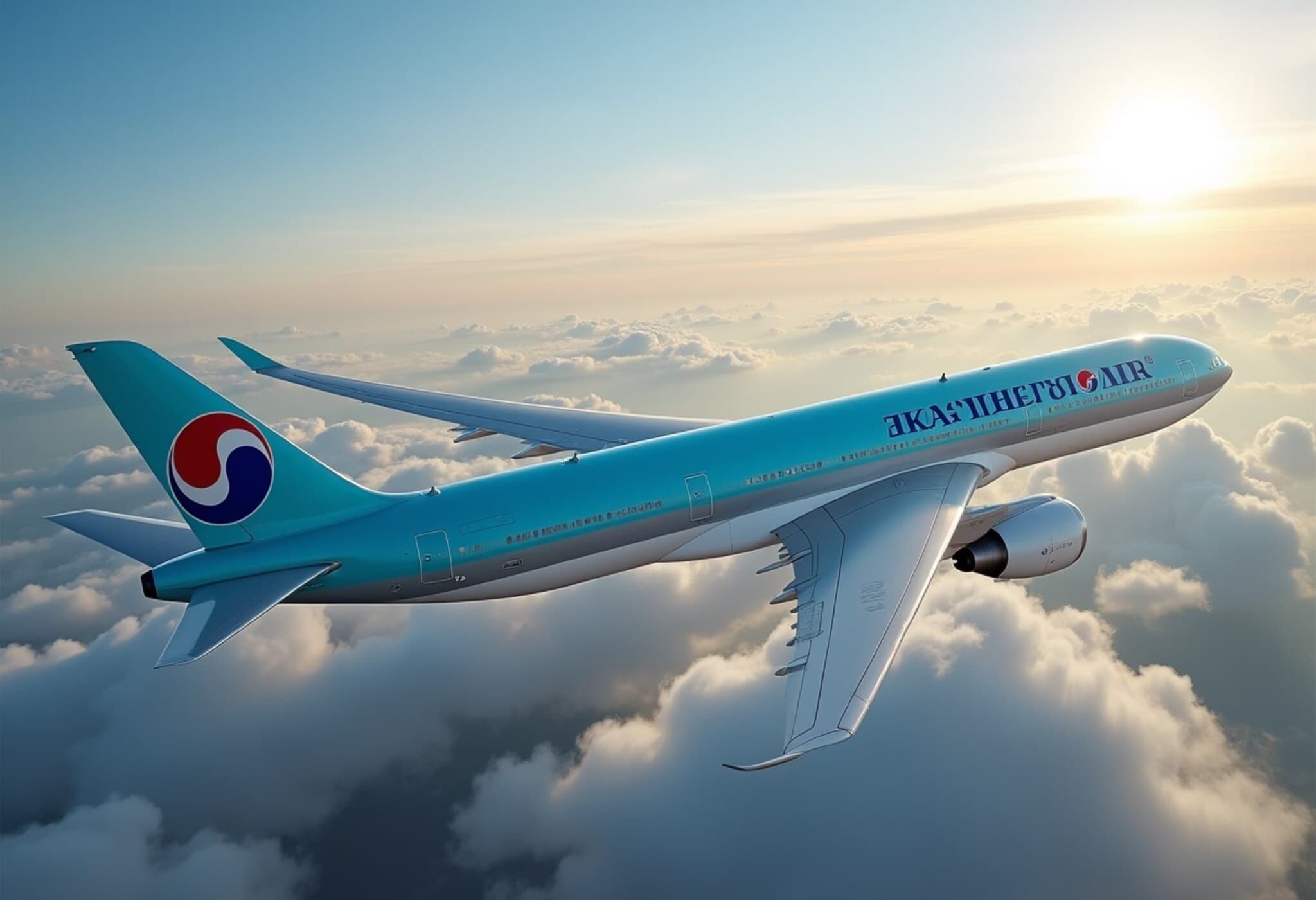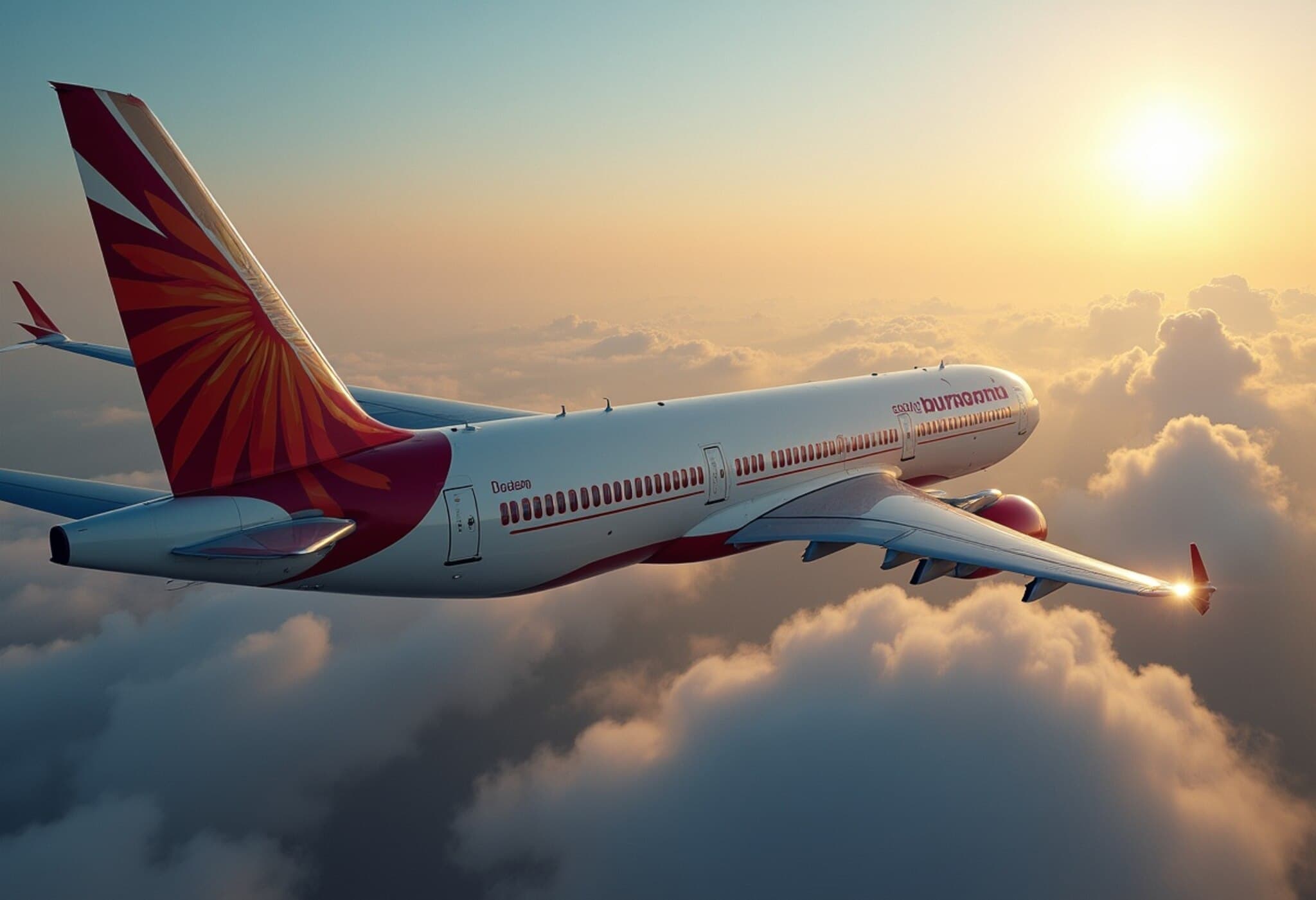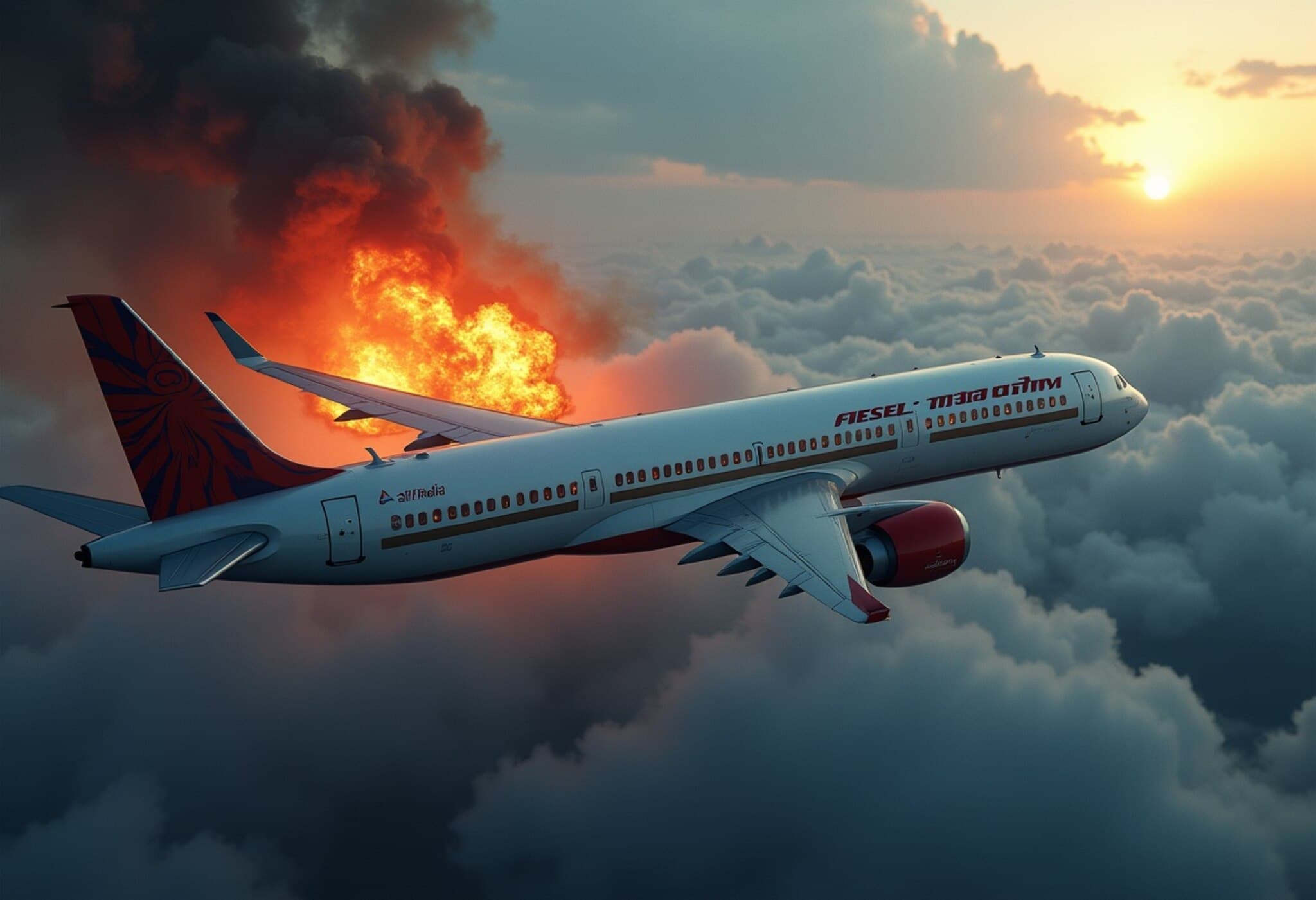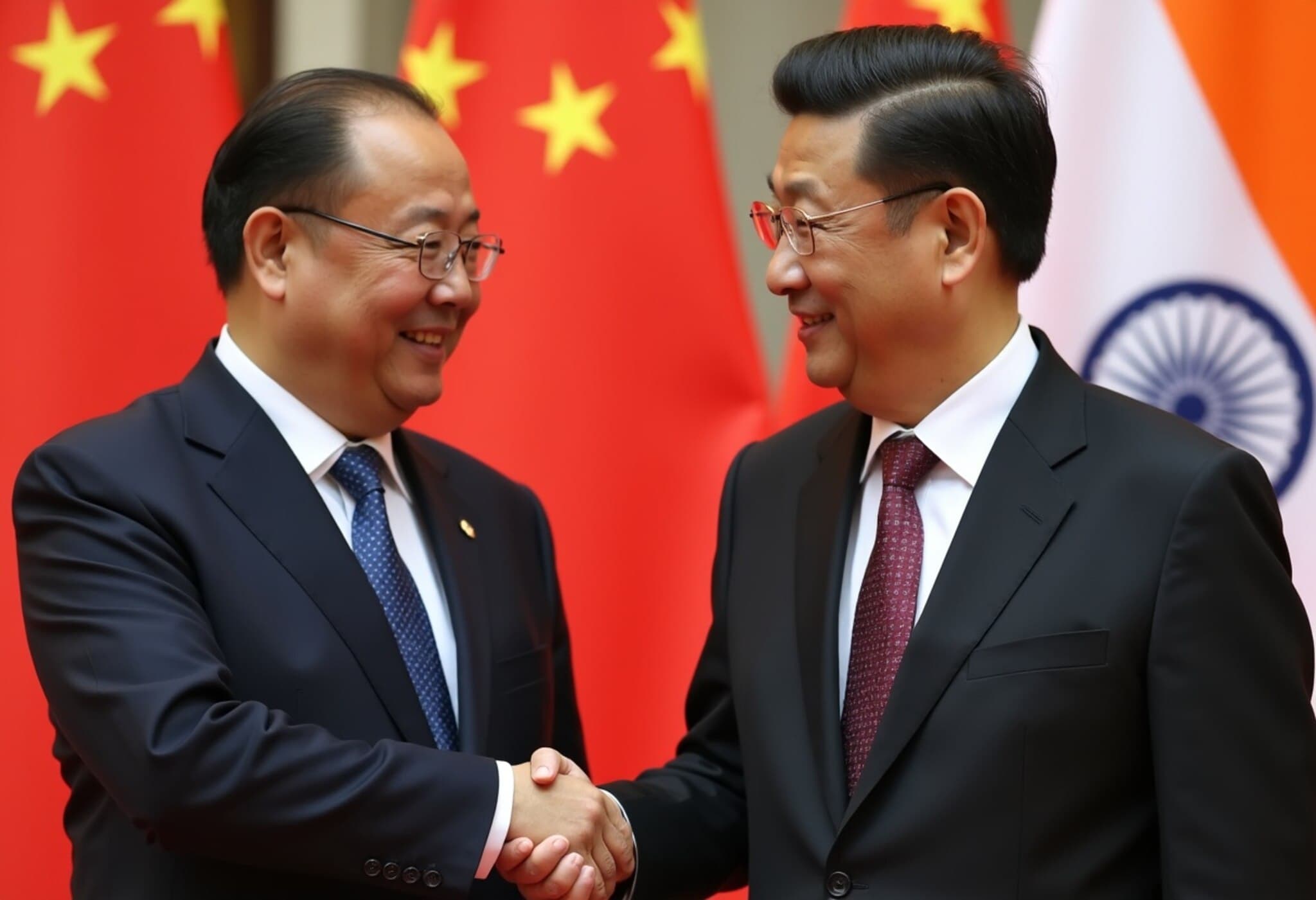Indian Pilot Unions Push Back Against Suicide Speculation in AI 171 Disaster
The tragic crash of Air India flight AI 171 on June 12, 2025, near Ahmedabad that claimed over 290 lives has stirred more than grief and scrutiny. An intense debate has erupted after early investigation reports hinted at pilot error or even possible suicide, a narrative fiercely rejected by India's leading pilot unions. Their backlash highlights the delicate balance between prompt accident analysis and responsible public discourse.
Background: The Catastrophic AI 171 Crash
The ill-fated aircraft, a modern Boeing 787-8 Dreamliner, suffered a catastrophic dual engine failure just minutes after takeoff. According to the Aircraft Accident Investigation Bureau (AAIB), both fuel control switches were found in the “CUTOFF” position—an anomaly that contributed to the engines shutting down. The cockpit voice recorder captured a tense exchange between pilots questioning why the fuel had been cut off, but crucial details remain unclear.
Pilot Unions’ Outcry: Defending Their Profession and Lives
The Indian Commercial Pilots’ Association (ICPA) and the Airline Pilots’ Association of India (ALPA-I) have vocally condemned insinuations that pilot suicide or gross negligence played a role in the tragedy.
- ICPA described the suicide theory and pilot error speculation as “reckless, unfounded, irresponsible, and deeply insensitive,” stressing that such claims trivialize the painstaking investigative process and the pilots’ commitment to safety.
- ALPA-I
These unions emphasize the importance of evidence-based conclusions, cautioning that speculation can unfairly stain pilot reputations and cause distress for families of those involved.
Why This Matters: Aviation Safety and Public Trust
Historically, pilot error has been a leading cause in aviation incidents, but modern aviation also demands nuanced investigations that consider mechanical failures, system design, and human factors without rushing to judgment.
Unfounded speculation about pilot suicide can have severe repercussions beyond this tragedy. It risks undermining public confidence in aviation professionals and potentially discouraging transparency in safety reporting. Experts suggest a measured approach is necessary to balance accountability with support for aviation personnel facing immense operational pressures.
Looking Ahead: The Broader Context
The AI 171 crash marks the deadliest aviation accident involving an Indian airline in over 40 years. It spotlights the challenges faced by rapid technological adoption within aviation and the critical importance of thorough, impartial investigations.
Policy analysts also observe that the incident raises questions about crew resource management, cockpit interface design, and crisis protocols under stress—areas ripe for deeper examination to prevent future tragedies.
Expert Commentary
Dr. Arvind Kumar, a leading aviation safety analyst based in New Delhi, notes: “Preliminary reports are by nature incomplete, and while transparency is vital, labelling a tragedy as suicide without conclusive proof can jeopardize investigative integrity and traumatize stakeholders. It also oversimplifies the complex interplay of factors involved in accidents.”
Summary
- AI 171 crash caused by dual engine failure linked to fuel shutoff switches.
- Pilot associations strongly oppose speculation about suicide or pilot error without conclusive evidence.
- Experts urge caution in public narratives to protect the integrity of investigations and aviation professionals' reputations.
- Incident highlights the need for balanced, evidence-driven safety reviews in aviation policy and management.

